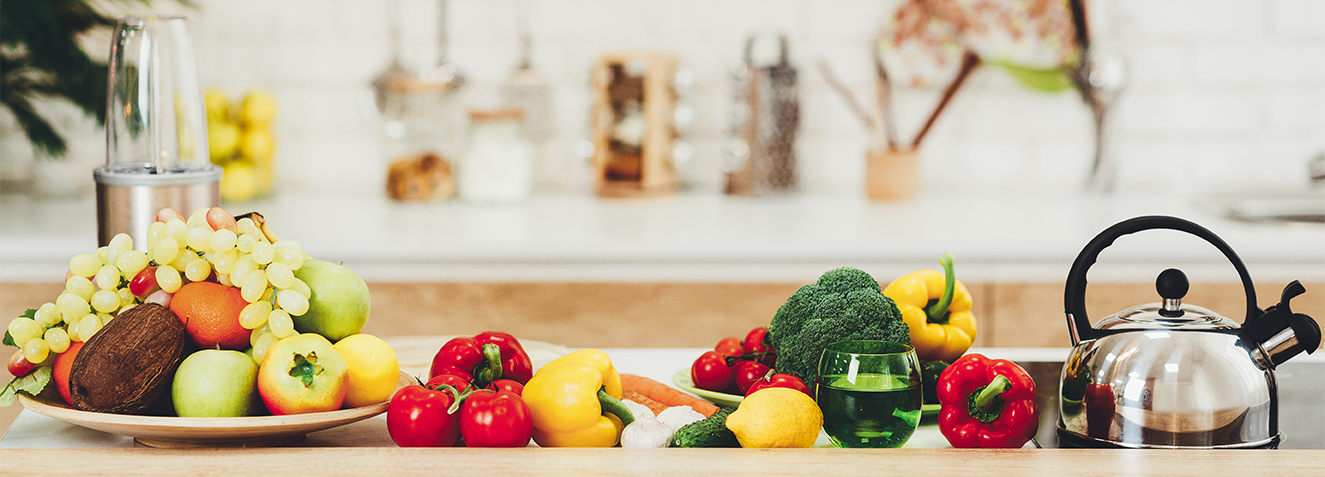
Interesting nutritional facts
- 50 years ago, fruit and vegetables were much richer in vitamins and minerals than the varieties grown today. The main reason for this is soil depletion due to intensive agriculture. But that doesn’t mean that the carrots or vegetables you eat today have very little nutrition especially when compared to other less healthy foods. 25a, 26a
- New varieties of crops provide greater yields, better resistance to pests and weather, making them grow bigger and faster but their ability to produce nutrients doesn’t keep pace with the rapid growth. 25b
- One study showed that we would have to eat eight oranges today to derive the same amount of vitamin A as our grandparents would have got from just one. 25c
- We may all know that bananas contain potassium, but did you know that avocados have more than twice as much. 27a
- Did you know that fruits and vegetables continue to breathe after picking. As a result, stored organic materials are broken down leading to loss of food value, flavour and nutrients. The longer fresh produce breathes before it is eaten, the less nutrients remain. The solution – grow your own or buy local produce to reduce the transport time. 28a,b,c
- Mushrooms are the only fresh produce that contain vitamin D. Like people, mushrooms naturally produce vitamin D following exposure to sunlight 29a
- Whether produce is picked ripe or not may affect nutrient levels. For instance tomatoes will ripen after picking but even though they become fully red, they will not have the same level of nutrients as a tomato only picked when it is ripe. 28d
- When we think of vitamin C, we usually think of oranges or other fruits as the best source, but did you know that broccoli has twice the vitamin C of an orange. 27b
- Fruit contains fibre and nutrients like vitamin C, together with sugar, so fruit must be good for you, right? Most healthy people do not need to worry about the amount of sugar in fruit, but all sugar has the same effect on the body, whether it comes from a fruit or is what you have in your sugar bowl. 30a,b
- Do you know which fruits have the lowest amount of sugar? Well, you might not think of olives and avocado as fruit, but they in fact they are and contain no sugar! More conventional fruits like lime and starfruit have only a little sugar, while lemons, cranberries, watermelon, rasp berries and strawberries are also low in sugar. On the other hand, the fruits with the highest sugar content would be apples and litchis fol lowed by mangoes and grenadillas. 30c, d
- Nutritionally speaking there is no such thing as a super food. Although there is no one food that is the answer for good health and prevention of disease, here are some foods that may deserve to be called ‘super’: 31a
- Dark green leafy vegetables like kale, swiss chard and spinach
- Berries including raspberries, strawberries, blueberries, blackberries, cranberries
- Green tea
- Eggs
- Legumes including beans, lentils, peas, peanuts
- Nuts and seeds
- Nuts include almonds, pecans, pistachios, walnuts, cashews, brazil nuts, macadamias, while seeds include pumpkin seeds, sunflower seeds, chia seeds, flaxseeds, hempseeds
- Kefir (a fermented drink containing probiotics) and yoghurt
- Garlic
- Olive oil
- Ginger
- Turmeric
- Salmon
- Avocado
- Sweet potato
- Mushrooms
- Seaweed
Selecting a product to boost immunity
READ MORE
Immune support – more than just vitamins
READ MORE
Changing nutritional needs
READ MORE

)




